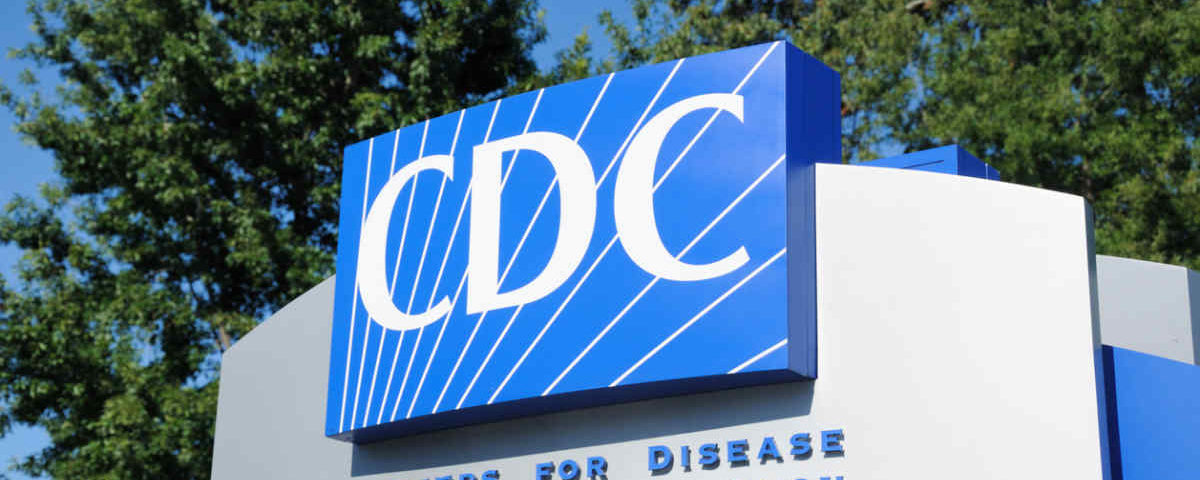
Fundraising During The Coronavirus Pandemic
March 15, 2020
Charitable Fundraising During The Coronavirus Pandemic
March 15, 2020Resources for Nonprofits Facing COVID-19

Resources for Nonprofits in Communities Facing Coronavirus is based, in part, on directives made this week by the Center for Disease Control & Prevention. At this point, we still have more questions than answers about coronavirus. However, regardless of how your charity’s operations are ultimately affected here’s what the CDC has to say NOW about how we should be operating. Please download the CDC’s most recent resource by clicking the link below:
Implementation of Mitigation Strategies for Communities with Local COVID-19 Transmission
When a novel virus with pandemic potential emerges, nonpharmaceutical interventions are often the most readily available ways to help slow transmission of the virus in communities. Community mitigation is a set of actions that persons and communities can take to help slow the spread of respiratory virus infections. Community mitigation is especially important before a vaccine or drug becomes widely available.
The following is a framework for actions which local and state health departments can recommend in their community to both prepare for and mitigate community transmission of COVID-19 in the United States. Selection and implementation of these actions should be guided by the local characteristics of disease transmission, demographics, and public health and healthcare system capacity.
Goals for Using Mitigation Strategies:
The goals for using mitigation strategies in communities with local COVID-19 transmission are to slow the transmission of disease and in particular to protect:
• Individuals at increased risk for severe illness, including older adults and persons of any age with underlying health conditions
• The healthcare and critical infrastructure work forces
These approaches are used to minimize morbidity and mortality and the social and economic impacts of COVID-19. Individuals, communities, businesses, and healthcare organizations are all part of a community mitigation strategy. These strategies should be implemented to prepare for and when there is evidence of community transmission. Signals of ongoing community transmission may include detection of confirmed cases of COVID-19 with no epidemiologic link to travelers or known cases, or more than three generations of transmission.
Implementation Is Based On:
• Emphasizing individual responsibility for implementing recommended personal-level actions
• Empowering businesses, schools, and community organizations to implement recommended actions, particularly in ways that protect persons at increased risk of severe illness
• Focusing on settings that provide critical infrastructure or services to individuals at increased risk of severe illness
• Minimizing disruptions to daily life to the extent possible
Guiding Principles:
• Each community is unique, and appropriate mitigation strategies will vary based on the level of community transmission, characteristics of the community and their populations, and the local capacity to implement strategies
• Consider all aspects of a community that might be impacted, including populations most vulnerable to severe illness and those that may be more impacted socially or economically, and select appropriate actions.
• Mitigation strategies can be scaled up or down depending on the evolving local situation.
• When developing mitigation plans, communities should identify ways to ensure the safety and social well-being of groups that may be especially impacted by mitigation strategies, including individuals at increased risk for severe illness.
• Activation of community emergency plans is critical for the implementation of mitigation strategies. These plans may provide additional authorities and coordination needed for interventions to be implemented.
• Activities may be implemented at any time regardless of the level of community transmission based on guidance on from local and state health officials.
• The level of activities implemented may vary across different settings (e.g., they may be at a minimal/moderate level for one setting and at a substantial level for another setting in order to meet community response needs).
What Your Facing at Your Nonprofit:
Whether you are guiding staff about travel or remote work arrangements, wondering what other groups are doing in response to Covid-19, fielding donors’ questions about your nonprofit’s response or the impact on planned events, or worrying that the virus will dampen your fundraising, it’s a lot to handle.
To help you cope, here are a few online resources we’ve collected to save you time, help you plan swiftly, and keep you focused on your most pressing priorities.
This collection will be updated as more resources become available, so check back here as needs arise. If you know of a resource we should include, please share it with me.
How to Manage, Lead, and Communicate
Coronavirus Advice for Nonprofit Leaders
By Sara Gibson, CEO, 20 Degrees. Includes tips for communicating during a crisis, strengthening financial resilience, preparing for disruptions to operations, and planning long-term in the wake of the virus.
How to Use Scenario Planning to Prepare for Covid-19
By Trista Harris. Advice for charities and foundations. Iincludes a simple tool for conducting a brainstorming session about possible future challenges and opportunities.
Communicating in a Crisis
How to put people and plans in place ahead of time so you can respond swiftly in the event of a natural disaster, tragedy, or bruising investigation.
What To Do When Your Cause Is in the Spotlight: Lessons From the Amazon Fires
Rainforest-preservation and indigenous-rights groups saw a spike in donations and interest when fires in Brazil drew the world’s attention. What can your nonprofit learn from their experience?
10 Tips for a Better Crisis Communications Strategy
Nonprofit and crisis experts offer guidance on how to communicate effectively during a crisis.
Raising Money During a Crisis
Tips for Deciding Whether to Hold or Cancel a Fundraising Event
By Swaim Strategies. Advice on how to assess the risks of holding an event, important messages to convey clearly, and how to decide whether to cancel or reschedule.
Market Drops and Crisis: Fundraising Lessons and Your Lighthouse
By John Pepperdine, principal, Making Philanthropy Work Strategies. Lessons from the Great Recession and the terrorism attacks of 2001 to inform your major-gift strategies in a time of crisis.
5 Ways to Raise Money When Donors Are Consumed by Nonstop News
Don’t give up just because your cause isn’t the topic of the moment.
Why Fundraisers Should Take the Long View
Being patient and keeping all donors informed can result in big rewards.
Technology Solutions
Nonprofit Resources for Remote Work During the Covid-19 Outbreak
Published by Tech Soup. Includes options that can be implemented relatively quickly, with little or no external tech support to keep communication flowing and foster collaboration while staff members work remotely.
Understanding Videoconferencing Tools Available to Your Nonprofit
Published by Tech Soup. Includes a side-by-side comparison of different tools.
Mitigation Strategies for Nonprofits Facing Coronavirus was compiled by author Jimmy LaRose
For more articles like Mitigation Strategies for Nonprofits Facing Coronavirus VISIT HERE

2 Comments
[…] For more articles like 15 Rules for Slowing COVID-19 VISIT HERE […]
[…] Charity has also put together an ongoing database of information for NGOs, ranging from communication and leadership from a distance to fundraising […]